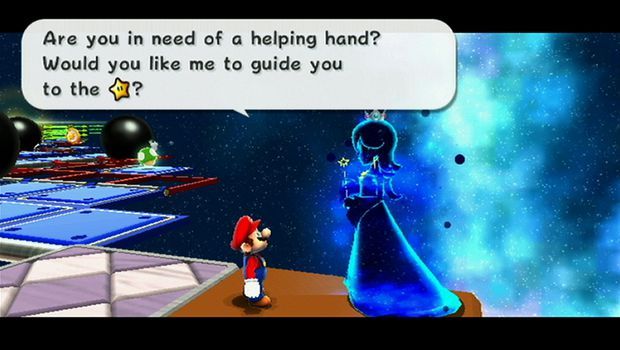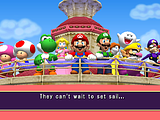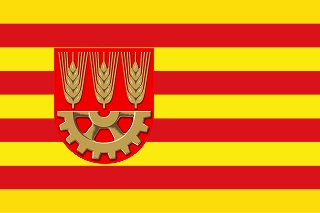The Net Book of Plots
GNS and Other Matters of Roleplaying Theory, Chapter 1
GNS and Other Matters of Roleplaying Theory, Chapter 2
GNS and Other Matters of Roleplaying Theory, Chapter 3
Random Name Generator
Canonical List of Famous Last Words
Scientific Military Calculator
Original post by Euroslavia











